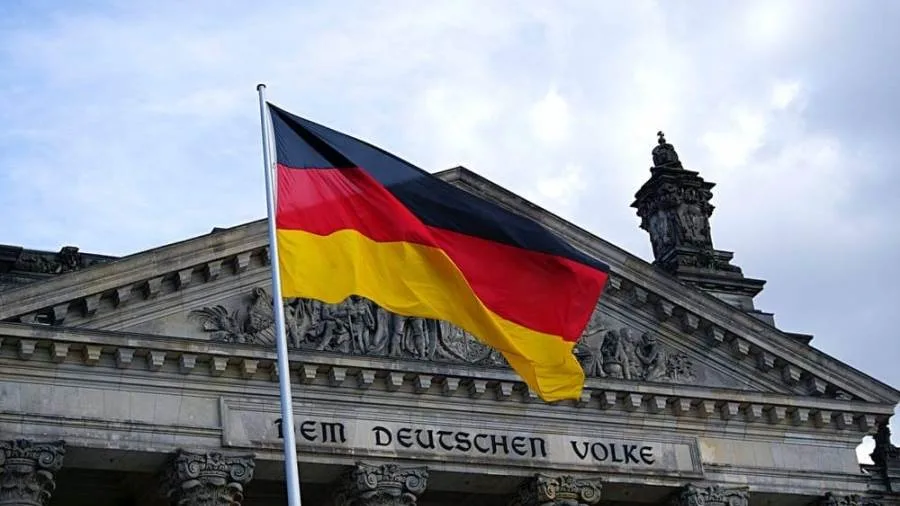Germany at a Turning Point: Concerns Over a Third Straight Year of Economic Decline

Germany, long regarded as the economic powerhouse of Europe, is now facing an unprecedented challenge. According to the latest estimates from the German Chamber of Commerce and Industry, the country may experience a third consecutive year of economic contraction—an event not seen since the end of World War II. This forecast signals deep structural issues in the German economy.
Current Situation:
Helena Melnikov, Director General of the German Chamber of Commerce and Industry, stated that the long-hoped-for economic rebound remains out of sight. A recent economic survey conducted by the Chamber, involving more than 23,000 companies, revealed a broadly pessimistic business climate. Only 25% of companies rated their current situation as good, while the majority held a negative outlook for the future.
Pessimistic Forecasts and Diverging Views:
The Chamber expects a slight contraction of 0.3% in Germany’s GDP for 2025, a more pessimistic projection than that of the German government and its Council of Economic Experts, which foresee a stagnation rather than an actual decline. The gap between official forecasts and on-the-ground business sentiment raises concerns about the effectiveness of current economic policies in restoring confidence and stimulating investment.
Mounting Challenges:
According to the survey, businesses face a range of compounding risks, including:
Uncertainty in economic policy frameworksWeak industrial demandRising labor costsHigher social security contributionsIncreased energy and raw material pricesUnpredictable and protectionist U.S. trade policies
These factors have led many companies to adopt a wait-and-see approach, holding back on new investments and further dampening growth prospects.
Proposals for Reform:
In response, Melnikov called for immediate and decisive policy action, including:
Reducing electricity taxes to the EU minimumSimplifying depreciation regulations to incentivize investmentCutting red tape and streamlining bureaucracyAccelerating planning and approval procedures for investment projects
She emphasized that the €500 billion government investment fund for infrastructure and climate protection must be complemented by deep structural reforms to have a meaningful impact.
Signs of Limited Improvement:
Despite the overall bleak outlook, the Chamber noted some early signs of improvement in the industrial and construction sectors, suggesting a possible path to recovery if supportive measures are implemented.
Germany’s economy stands at a critical juncture. Without swift and comprehensive reforms, 2025 risks becoming another lost year, as warned by the Chamber. The government’s promised relief package—expected before the summer recess—offers a chance to reverse the trend, but its effectiveness will depend on its scale and execution.
